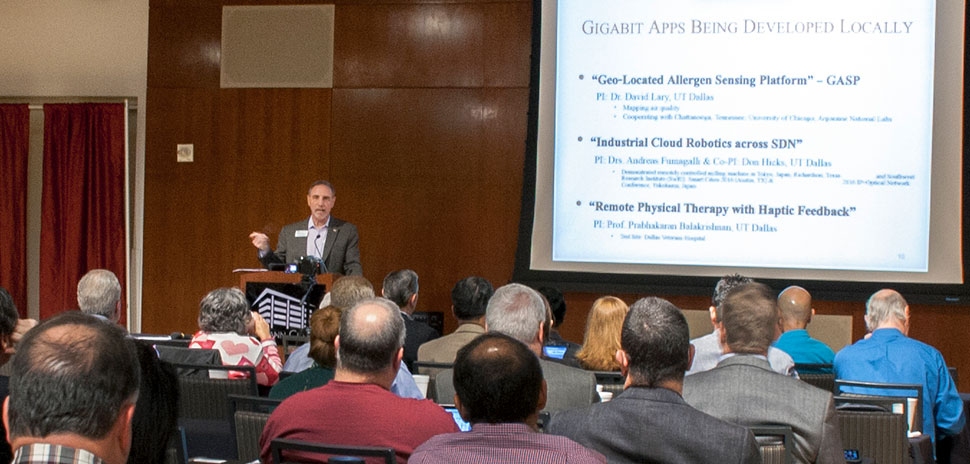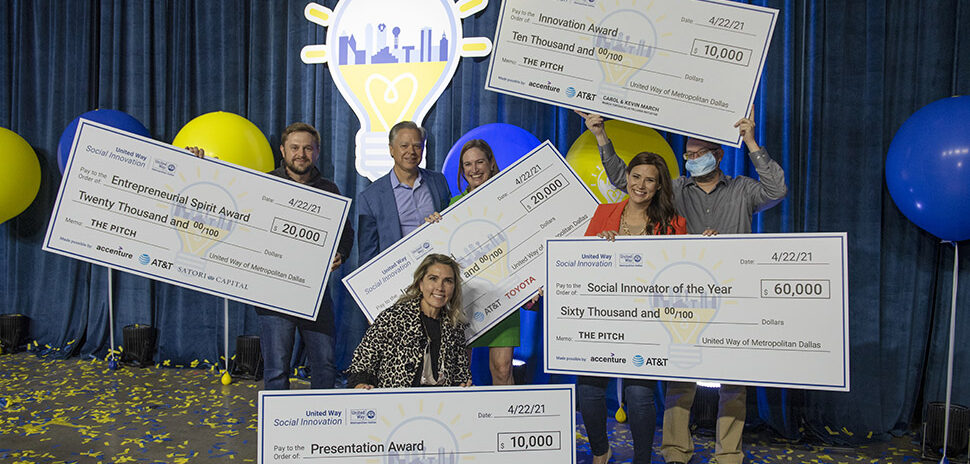![]() A smart parking system that uses cameras could revolutionize parking at the University of Texas at Dallas. And medical students could soon be using augmented reality to improve their bedside manner.
A smart parking system that uses cameras could revolutionize parking at the University of Texas at Dallas. And medical students could soon be using augmented reality to improve their bedside manner.
Both application ideas won a $5,000 prize in the Richardson US Ignite Smart Cities Gigabit Reverse Pitch, the Richardson Economic Development Partnership announced this week.
“We are enthusiastic about these applications and look forward to cultivating and guiding these projects to completion so Richardson and other communities can reap the full benefits,” said Michael Skelton, vice president for international business development for the REDP and director of the Mayor’s Office of International Business.
The pitch competition was put on by US Ignite, a public-private nonprofit organization focused on spurring development of new apps for public use. Richardson was one of four cities around the nation that held app challenges to create smart cities tools addressing community issues.
“[We] look forward to cultivating and guiding these projects to completion so Richardson and other communities can reap the full benefits.”
Michael Skelton
The competition kicked off in February, when 100 startups, companies, university students, and professors gathered to heed the call for ideas. Two app proposals prevailed as winners.
Security on the Poles would use LED-powered street lights equipped with cameras to monitor traffic in real time. It would also provide increased security and track license plates to fight crime.
It was developed by Prasad Golla, director and founder of AGGICORP, and Narender Ramireddy, chief technology officer of SWENSA.
The Emotive Virtual Reality Patient System allows medical students to have natural conversations with digital patients. They’ll mimic real-life reactions, cultures, and behaviors so students can practice how they treat patients. The students will do this wearing augmented reality goggles.
The team was led by Marge Zielke, director of UT Dallas’ Center for Modeling and Simulation/Virtual Humans and Synthetic Societies Lab. The development team consisted of Gary Hardee, associate director of the center, Djakhangir Zakhidov, research scientist, Lenny Evans, solutions architect, Gautham Suriay Mathialagan, a UTD graduate student, and Jithin Pradeep, a UTD masters student.
The teams will spend the next six months perfecting and demonstrating their ideas to receive another $5,000 for their projects.




























